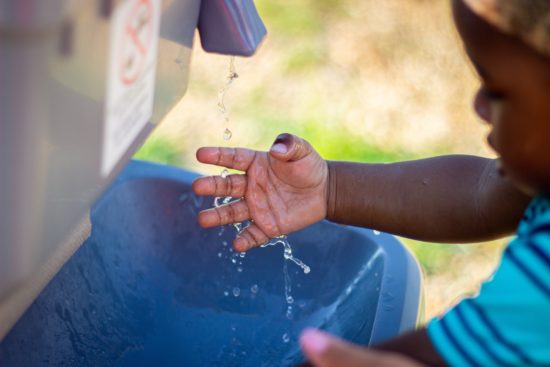Targeted hygiene in the home and everyday life setting can reduce antibiotic prescription in children
Antimicrobial resistance (AMR) is a global public health problem with significant health and economic consequences. The most recent WHO’s Global Antimicrobial Resistance and Use Surveillance System (GLASS) report reveals that a worrying number of human bacterial infections are increasingly resistant to the antibiotics at hand to treat them with higher resistance rates observed in low and middle-income countries (LMICs). Antibiotic overuse is one of the primary factors fueling AMR and recent data indicate rapid increase in antibiotic consumption in LMICs while antibiotic consumption rates in many high-income countries remain stable or decreasing. However, poor sanitation and hygiene could be playing an even greater role in promoting AMR particularly in LMICs. Poor hygiene and sanitation not only increase the risk of infections such as respiratory tract and diarrheal illness leading to unnecessary antibiotic prescriptions but also facilitate spread of AMR.
AMR NEWS
Your Biweekly Source for Global AMR Insights!
Stay informed with the essential newsletter that brings together all the latest One Health news on antimicrobial resistance. Delivered straight to your inbox every two weeks, AMR NEWS provides a curated selection of international insights, key publications, and the latest updates in the fight against AMR.
Don’t miss out on staying ahead in the global AMR movement—subscribe now!







